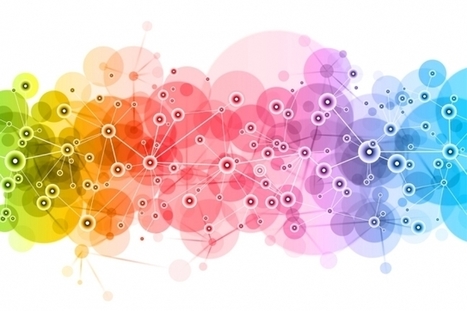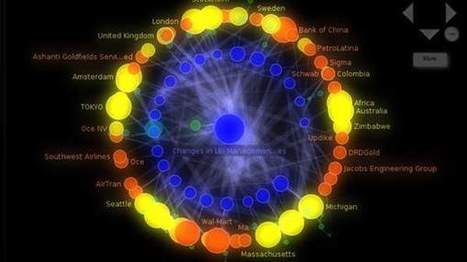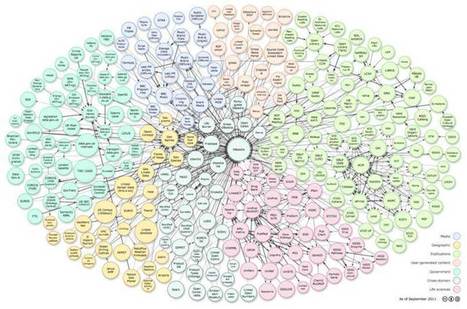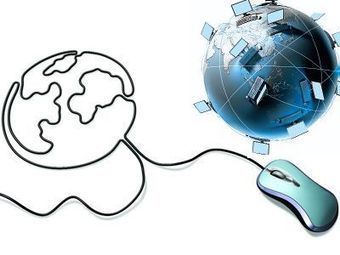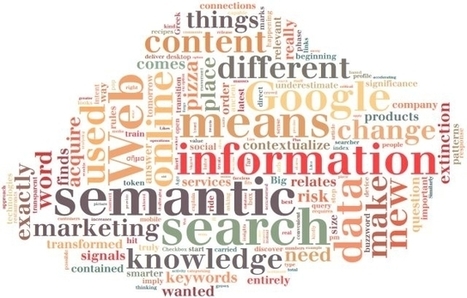System that replaces human intuition with algorithms outperforms 615 of 906 human teams.
Get Started for FREE
Sign up with Facebook Sign up with X
I don't have a Facebook or a X account
 Your new post is loading... Your new post is loading...
 Your new post is loading... Your new post is loading...

Pierre Tran's curator insight,
April 18, 2014 12:58 AM
L'intelligence artificielle, telle que conçue dans les années 80 à base d'algorithmes et de puissance informatique, a échoué. Aujourd'hui, les ordinateurs se nourrissent de big data et apprennent par eux-mêmes. Ceux qui prédisent le futur ont tendance à surestimer le changement à court terme et à sous-estimer celui à long terme.

Pierre Tran's curator insight,
July 16, 2013 6:49 PM
Le Web Sémantique va permettre à tous les humains et à tous les objets connectés (Internet des Objets) de communiquer entre eux, de partager et de réutiliser les données sous différentes formes à travers des applications et des orgnisations en temps réel (Big Data). Le Web Sémantique, l'Internet des Objets et le Big Data ne sont que des vues légèrement différentes à travers le même prisme de l'Economie des Données. La notion de web sémantique du W3C existe depuis longtemps, mais les travaux sérieux n'ont commencé qu'à la fin des années 2000. Après quelques années de calme début des années 2010, le web sémantique et son proxy open data (Linked Data) pourraient bien faire un retour en force avec l'intérêt croissant pour l'open data, le big data et surtout la promesse d'un web des données programmable et intéropérable. Attendez-vous à la prochaine grosse innovation dans l'informatique et l'économie des données : le Data Oriented Software Development (DoSD). |

roberto gilli's curator insight,
November 5, 2013 6:46 PM
Interesting point of view. Declaring the failure of semantic web is easy. Declaring the end of the document is interesting. I agree that we entering in a new era where dialogues and messages (in place and in time) are more relevant that documents.

Content Carnivores's curator insight,
July 25, 2013 9:34 AM
Add this to advances in context and authorship and the fun has already started. 
Bart van Maanen's curator insight,
August 3, 2013 8:48 AM
Zoekmachines - en Google - voorop gaan de context van zoektermen steeds beter begrijpen, zodat gebruikers betere en op hun situatie (plek, voorkeuren) toegespitste resultaten krijgen. Omdat het daarbij om de zogeheten 'big data' draait, is onder meer het gebruik van Google+ belangrijk voor Google.
Kort gezegd gaat het betekenen dat zoekwoord 'pizza' niet leidt naar allerhande recepten websites, maar naar de Italiaan om de hoek. |




